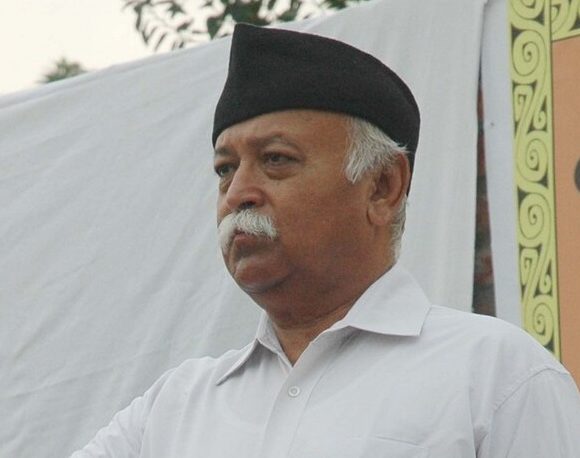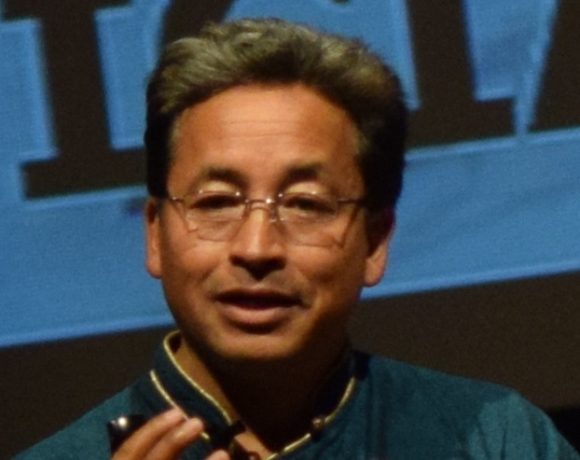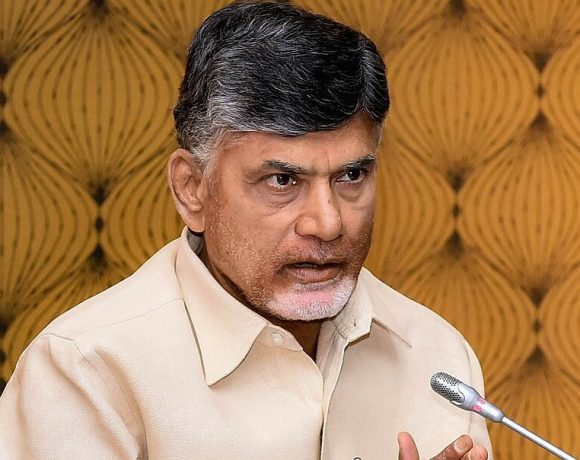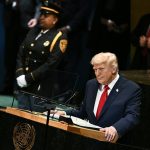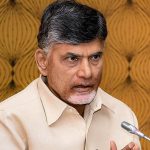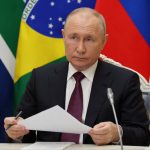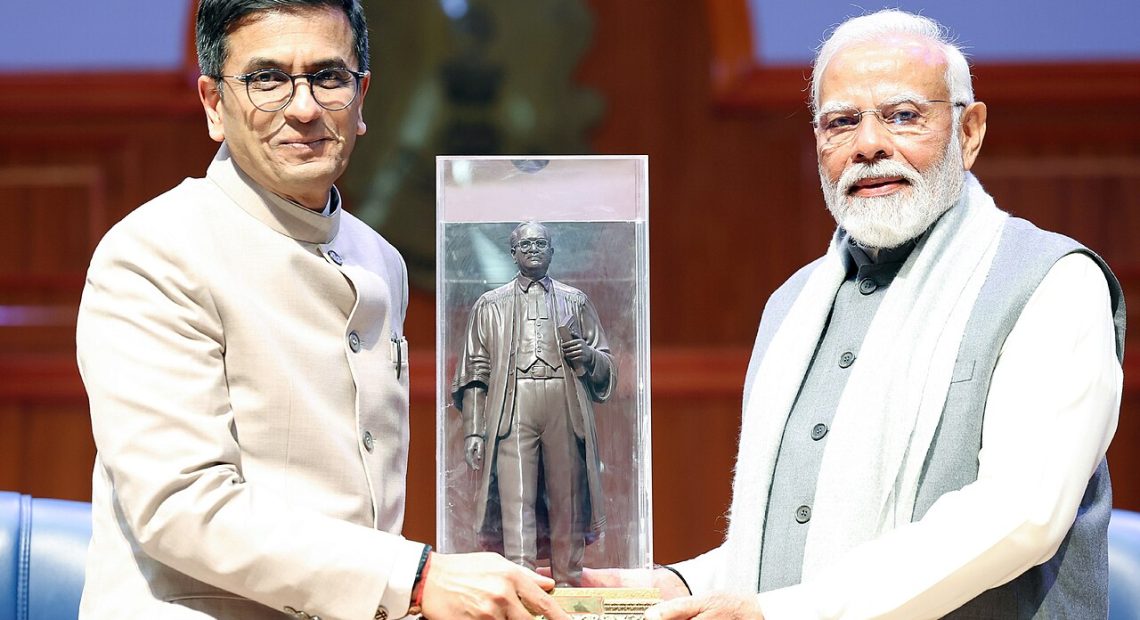
Ex‑CJI Chandrachud Backs “One Nation, One Election,” Warns Against Expanding EC Powers
Former Chief Justice of India D.Y. Chandrachud has expressed support for the concept of One Nation, One Election (ONOE), describing it as a potentially transformative step for Indian democracy. However, he cautioned against granting the Election Commission unstructured and excessive powers under the guise of implementing the reform. His detailed remarks were submitted to the Joint Parliamentary Committee (JPC) reviewing the ONOE proposal, ahead of his scheduled appearance before the panel on July 11.
Chandrachud backed the idea of synchronizing Lok Sabha and state assembly elections, citing potential benefits such as lower election-related expenditure, reduction in administrative disruptions caused by frequent enforcement of the Model Code of Conduct, and improved governance continuity. He acknowledged that staggered elections currently divert crucial administrative resources and impose frequent pauses on policy implementation.
One Nation, One Election
Chandrachud underlined that while the objective of synchronized elections is desirable, it must be pursued through well-thought-out constitutional and statutory changes. He noted that such a shift would require comprehensive amendments to address scenarios such as premature dissolution of state assemblies, emergencies under Article 356, and mid-term hung legislatures. The former Chief Justice stressed the importance of contingency planning to preserve democratic stability without undermining the federal structure.
Election Commission
While recognizing the role of the Election Commission in managing a unified electoral calendar, Chandrachud expressed serious reservations about conferring open-ended powers to the body. He emphasized that any expansion of the Commission’s jurisdiction must be clearly defined within the constitutional framework, subject to judicial review, and accompanied by legislative safeguards to prevent institutional overreach or politicization.
Legislative Process
Chandrachud urged the JPC to adopt a transparent and inclusive approach involving regional parties, state representatives, constitutional scholars, and civil society actors to ensure broad-based consensus. He advised that any changes must be enacted through deliberate and stable legislative routes rather than ad-hoc ordinances or fragmented amendments. He highlighted the risk of destabilizing existing federal balances if reforms are pushed without adequate dialogue and structural preparation.
His intervention brings a measured legal perspective to the ongoing debate over ONOE. While acknowledging the practical merits of the reform, Chandrachud has emphasized that efficiency must not come at the cost of constitutional clarity and institutional integrity. As the JPC deliberates on the sweeping electoral reform proposal, his views offer a critical reminder that systemic change must be anchored in rule-of-law principles and democratic accountability.



